When Rio started school her mum Cheryl Ferguson received ‘constant calls’ asking her to take her home.
The six-year-old is prone to lashing out. She’s among the four in 10 children in Scotland who need additional support for learning.
Cheryl, from Dundee, says: “Rio was making herself sick, lashing out, throwing chairs and hurting others.
“I was constantly having to go and collect her.
“I couldn’t relax or concentrate when she was there – I was anxious from the minute I dropped her off.
“It also got to the point that she didn’t want to go – every morning, her sore tummy kicked in, which was all anxiety-related.”
Teaching unions say provision for pupils like Rio is among teachers’ greatest concerns.
Last month an Audit Scotland report said a fundamental rethink is needed of how additional support for learning is planned, staffed and resourced.
When additional support needs ARE met
But Rio’s case is an example of how needs can be met. If schools have the time and resources to take a different approach and tailor provision.
Because a year and a half on, Rio, who is awaiting a diagnosis from CAMHS (Child and Adolescent Mental Health Service), is happier, behaving better and learning.
A few months into P1, Rio began attending The Yard Dundee, an adventure play centre for disabled children and young people.
Cheryl says: “Rio is the most loving wee girl but finds it hard to express her emotions and is prone to lashing out, which makes it really difficult when you’re out and about.”
At The Yard both she and Rio felt at ease.
So when Cheryl attended school meetings for Rio a member of staff from The Yard came too.
They told Rio’s teachers how they handle escalating situations and how other children had benefited from their approach.
Meeting additional support needs at Rio’s Dundee school
They persuaded Rowantree Primary School that Rio should attend weekly in-school sessions with The Yard.
And things began to change.
Cheryl explains: “The Yard sessions at school give Rio a break from the class.
“She enjoys messy play, which regulates her and gives her something new to focus on, which helps with concentration when she goes back in.”
Rio continues to go to The Yard at weekends, were she receives play therapy and Cheryl learns from other parents.
Cheryl says: “We’re the first in and the last to leave on Sundays!”
With The Yard involved in both Rio’s schooling and leisure time, life has improved vastly.
“I went to parents’ night [March 10],” says Cheryl. Since November, they said there’s been a massive difference in her behaviour.
“She’s also doing well with her work and is much happier and more relaxed.
“Even when dealing with challenging situations with other children, she’s been walking away. The Yard has taught her to do that.
“Things are so much better that Rio is returning to the class full-time after the Easter holidays. She hasn’t been in a full class setting since the first month of primary two.”
‘She’s there for an education’
Rio’s school, says Cheryl, has learned so much from The Yard and made lots of changes that are working.
“I thought I might need to move her to another school but now staff can see the triggers and catch situations before they escalate.
“She’s there for an education and deserves her needs addressed. I’m so glad the school is supporting me with this.
“I’m also enjoying her so much more. I love being around her whereas I used to be drained.”
Cheryl reckons schools struggling to meet pupils’ additional support needs require support and training from places like The Yard.
She says: “There is help out there.
“Most importantly, education needs to be pupil-centered.
“What works for one pupil might not work for another. Removing them from the class without being allowed to work through the situation feels like a punishment.
“It’s like they’re being removed from society, and in my personal experience, it can give them a fear of going back in.”
Toby is excluded at his school
Sadly, another Yard regular, Toby, continues to experience problems at his school.
The eight-year-old loves his weekly visits to The Yard with mum Sarah (not their real names).
He arrives with a big grin on his face and his zest for life. He gets dressed up, gets covered in water, paint or bubbles or rides a bike.
But his school struggles to cope with Toby’s needs and he’s often excluded from activities his classmates are doing.
CEO Celine Sinclair says The Yard works day-in day-out with children like Toby who struggle in mainstream schools yet flourish with them.
She says: “Inclusion isn’t just giving a child with a disability the right to attend a mainstream school, it’s also providing them with a full education that meets their needs, supporting their social skills and enabling them to develop alongside their peers.”
Four in 10 pupils have additional support needs
Almost all of the 40% of pupils in Scotland who require additional support for learning are taught in mainstream classrooms.
That’s eight times as many as when legislation made ASL more inclusive in 2004.
The EIS teaching union says far too many of these young people are not receiving the support they need despite teachers’ best efforts.
- Also read: How many pupils with additional support needs are in your Dundee school?
General secretary Andrea Bradley says: “In addition to the impact on young people, this rising demand is placing an ever-increasing workload burden on class teachers, who are expected to meet the wide range of needs of young people in their classes, but without the necessary level of resources and additional support to do so.”
Audit Scotland says the Scottish Government failed to plan for the impact this inclusive approach.
‘It takes a village to raise a child’
Auditor General for Scotland Stephen Boyle says: “The Scottish Government and councils urgently need better quality data to understand pupils’ additional support needs and the resources required to provide support to enable all pupils to reach their full potential.”
That finding is, Celine says, unsurprising.
The Yard hopes to help, developing a digital training programme for schools and other organisations.
She says: “The old adage ‘it takes a village to raise a child’ has never been more true.
“The Yard, and other third sector organisations are an essential part of the solution to the challenges facing inclusive education.
“We are willing and able to work alongside the Scottish Government, local authorities, schools and others to turn this issue around.”
What does the Scottish Government say?
The Scottish Government says the increase in the number of pupils with additional support needs presents challenges.
Its 2025-26 budget includes and extra £29 million for this purpose and it says over £1 billion has been spent by local authorities on ASN in the last year.
A spokesperson says: “All children and young people should receive support to reach their full potential and should not face barriers to their learning.
“Ministers will engage with Audit Scotland to consider its recommendations carefully alongside local authorities, who carry the statutory responsibility for additional support for learning in our schools.
“It is encouraging that school leaver destinations for pupils with ASN are at near-record levels, and we are seeing record achievement through curriculum for excellence.”
The Yard is currently fundraising to complete the refurbishment of its centre at Mid Craigie, Dundee.

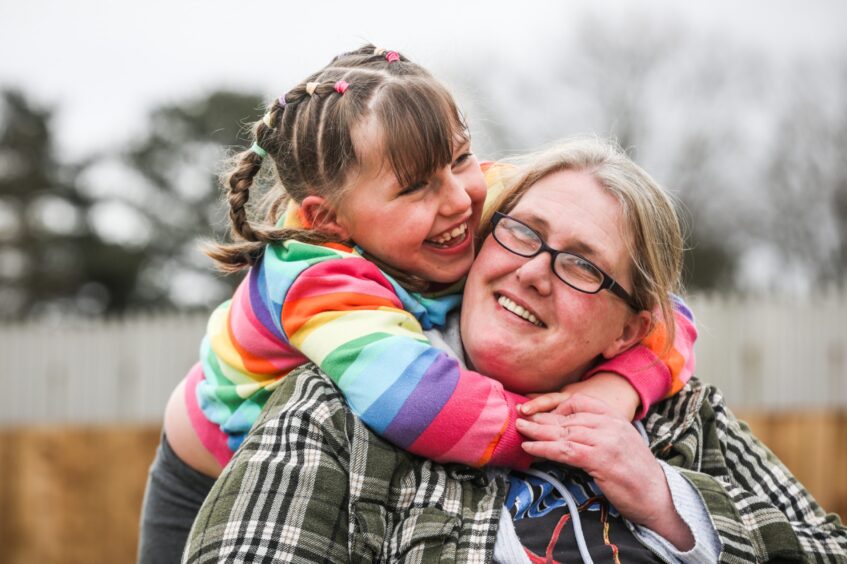
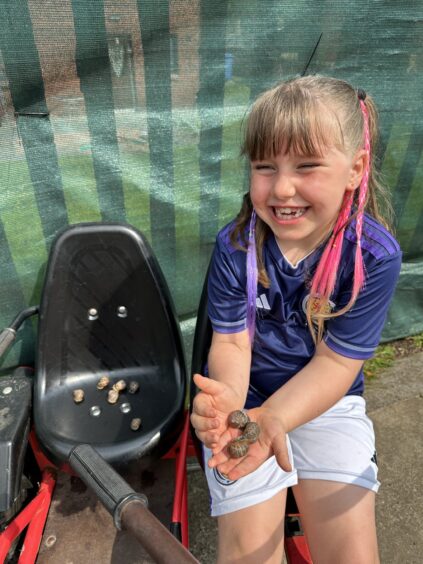
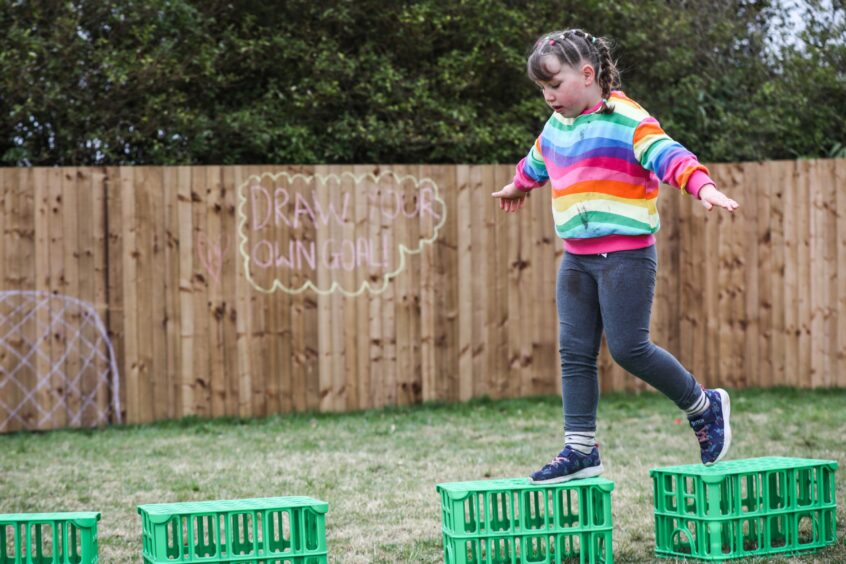
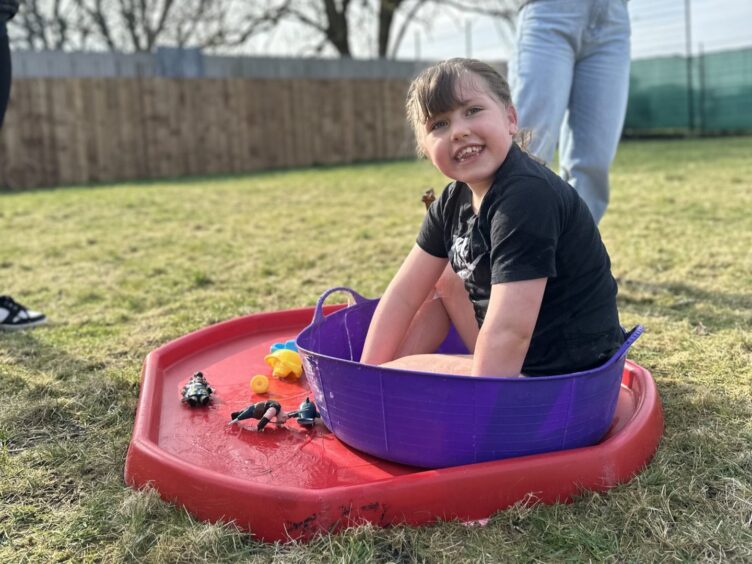
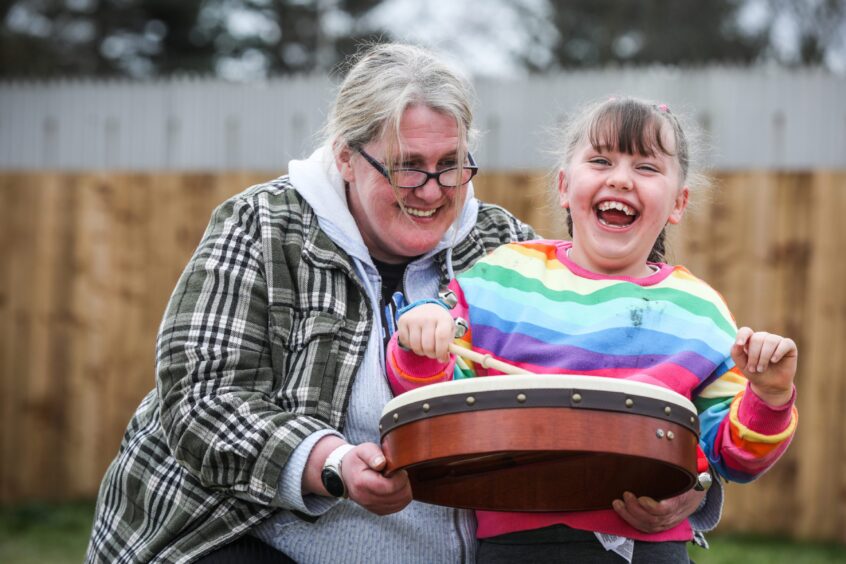










Conversation